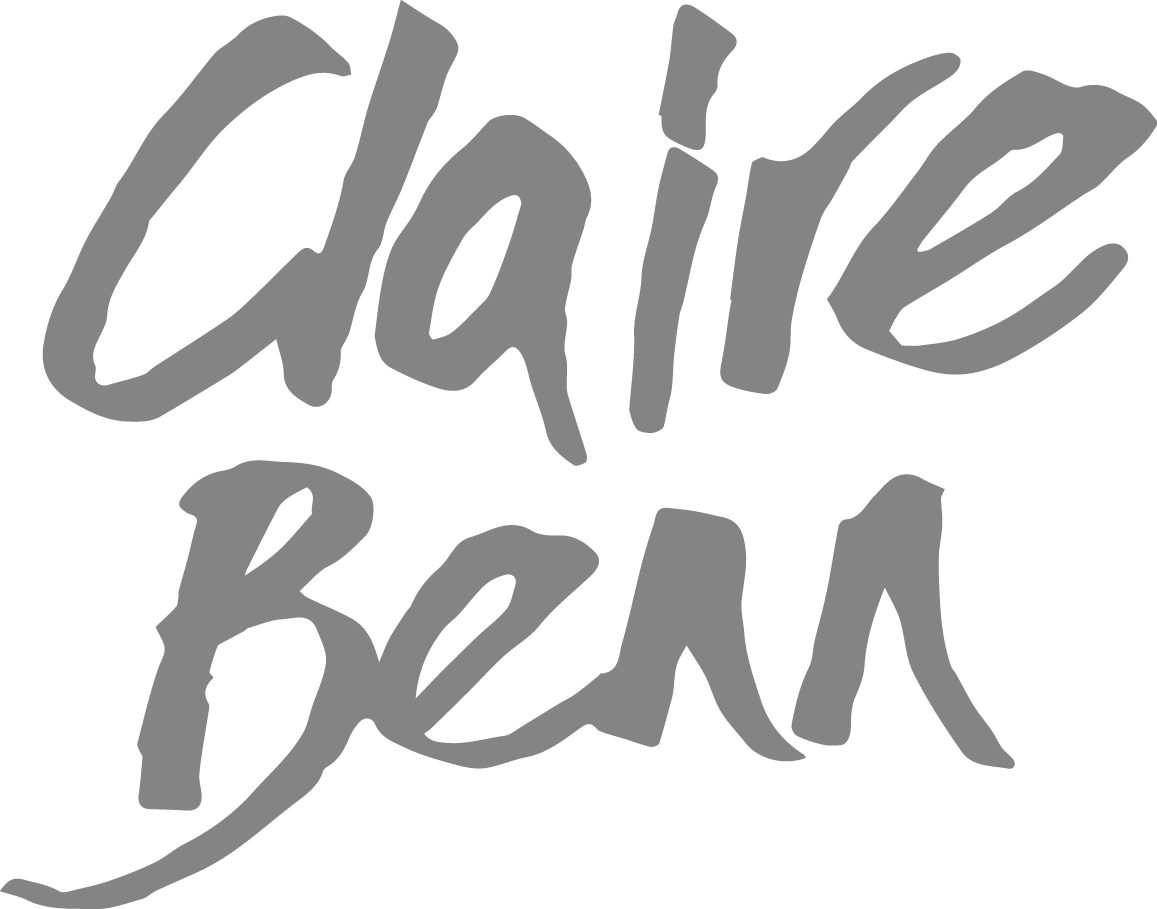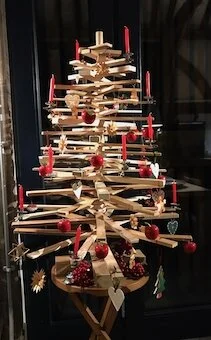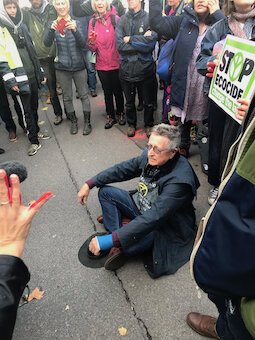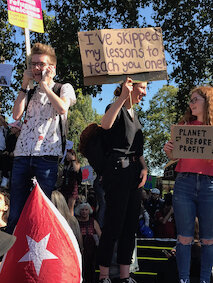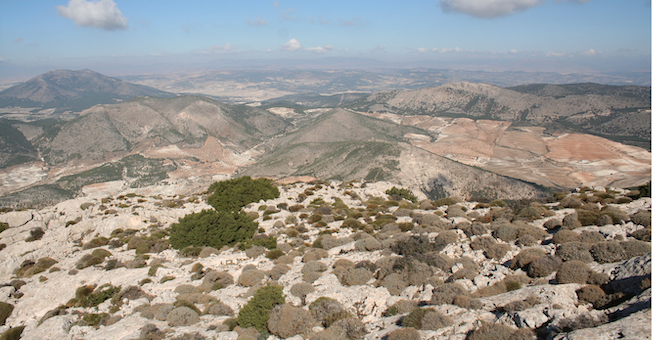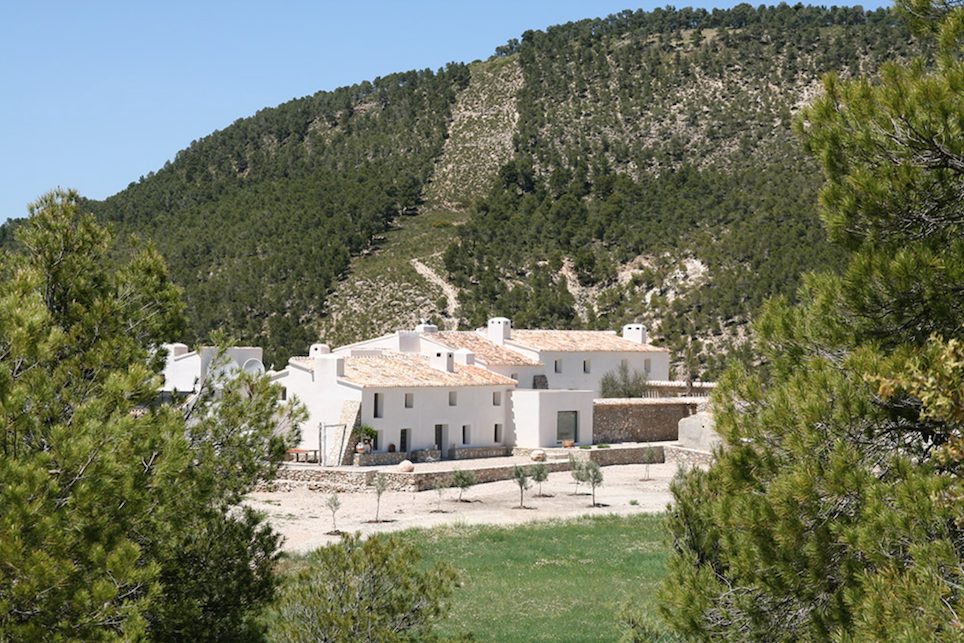Resilience, Relinquishment and Restoration - Working Towards Deep Adaptation
I haven’t written for some time. I’ve been teaching abroad and locally, been engaged with Extinction Rebellion activities, looked after grandchildren and participated in Christmas festivities: see our tree made from scrap wood - a project James undertook with four of our grandchildren.
Throughout this period I was thinking “I haven’t done a blogpost for ages, I must sort it”. Part of that non-writing was also due to not being able to focus on a topic. I didn’t have anything to say and had also been finding it very hard to get back in to my art practise. I’ve worked at moving on some work-in-progress and two pieces are now destined for the bonfire. While this isn’t unfamiliar territory (!), it’s been hard to find any kind of peace, any kind of stillness, any kind of quietness, any kind of meaning, any kind of joy.
After a period of reflection, I think I’ve identified what lies beneath my struggles: Grief and Rage for everything this Earth has lost and will continue to lose. Rage against the politicians who lie, deceive and don’t act in our best interests, don’t act now to start dealing with the Climate Crisis. Rage against the greedy corporations who’ve fed our hunger for MORE, fed our desire for consumption and instant gratification. Rage against those who make war, are divisive and cannot live and let live. Rage against inequality and injustice. And Grief for not doing more to stop it.
I believe that most of you are ‘climate crisis aware’ and that the Earth and all that live on her are in dire straits. James and I have been ‘into’ the environment for over 25 years – James published in that area for some time. As such, we’ve never been deniers of climate change, we‘ve acknowledged and believed in what our own eyes and science has to say about the situation that’s been building. But I also have to acknowledge we‘d paid lip service outside of whatever lifestyle changes we could make to improve things. But in July of 2019 we looked at each other and said “we have to do more, we have to make bigger changes, we have to commit, we have to stand tall and shout loudly”.
Dark clouds, but no silver lining; quite the reverse in fact
At 62 years old I believe I’ve lived in what might be called a golden age; good upbringing, decent education, big job market, lots of opportunities to make more than a decent living, technological progress, plentiful good food. And for the last 25 years, the gifts of travel to my beloved wilderness areas, becoming an artist and living in a beautiful rural environment. But that golden age was in fact a silver cloud with a dark lining. I have contributed to that dark, toxic cloud with more than my fair share of carbon emissions. I have made a large contribution to the crisis the Earth now faces.
What to do? Feeling helpless and hopeless isn’t a way forward. We joined Extinction Rebellion (XR) and began to engage in civil protest to get the Government to Tell the Truth and Act Now. James got arrested sitting down in the street outside of Downing Street (he hasn’t been charged yet and doubt if he will be as the Police lost their court case against banning XR gatherings across London).
James sits down outside Downing Street, and students strike in protest of inaction.
We’re very active in our local XR Group with other stuff such as Outreach, Talks, Lobbying etc. We off-set as much carbon as we can. We Refuse, Re-Use, Repair, Restore, Recycle and all the other ‘R’s in this category! We’ve ordered an electric car – although even that has environmental impact due to the batteries. Electric bikes are planned for purchase this Spring so our local journeys can be done by bike – one advantage of living in a small country is that things such as supermarkets aren’t too far away! We grow our own veg and have a wildflower meadow instead of a lawn. All good stuff..,
But when it comes to ‘Refusing’, one of the quickest ways of reducing our carbon footprint is to stop flying. James and I are now committed to only undertaking absolutely vital flights. Sadly, this means that once my international teaching obligations have been fulfilled (the end of 2021) I’ll no longer teach anywhere I can’t get to by car, ferry or train. While I can off-set the carbon of my flights that doesn’t stop it being released in to the atmosphere. Carbon off-set doesn’t stop emissions.
As I’ve grown more active my reading list has expanded considerably and a research paper written by Jem Bendall has struck a deep chord. ‘Deep Adaptation’ (published July 2018) introduces the concept of ‘Resilience, Relinquishment & Restoration’:
Resilience is about the capacity to adapt to changing circumstances so as to survive with valued norms and behaviours. One aspect of Resilience asks society to consider what we really want to keep (in terms of assets, products, services, behaviours and beliefs), and how do we keep them. Examples might include good health care and education, continued development of technology - particularly in the areas of sustainability. If we consider our use of plastic we have to consider its vital role in hospitals so, bad as it may seem, maybe we have to continue (slowly and fairly) to extract oil but instead of gobbling it up as an energy source, use it for the production of ‘vital’ plastic goods, and make sure what we have left is distributed fairly across the globe. Resilience can also mean the provision of counselling services and discussion groups to help communities get to grips with emotions such as fear, grief and a sense of helplessness.
Relinquishment asks “what do we need to let go of (again in terms of assets, products, services, behaviours and beliefs) in order to not make matters worse?”. Examples include the cessation of coal extraction, forgoing flights and holidays abroad (or only flying when absolutely vital), less choice in terms of products, giving up or eating very little meat or ‘carbon heavy’ foods (no more asparagus from Peru), buying less ‘stuff’ and less clothing, giving up the need for speed and instant gratification.
Restoration asks us “what can we bring back to help us with the coming difficulties and tragedies?” It involves people and communities rediscovering attitudes and approaches to life that our hydrocarbon fuelled civilisation has eroded. Examples include re-wilding landscapes, changing diets back to match the seasons, rediscovering non-electronically powered forms of play, using (hopefully improved) public transport instead of always jumping in the car, holidaying within our own countries or going to places that don’t involve flying, shopping local, buying local produce, shortening the supply chain, encouraging our kids to get outdoors and be more physical, re-engaging with nature.., and slowing down.
I want to continue to engage in protest and call-for-change initiatives with Extinction Rebellion, but I also want to work in contributing towards the processof Deep Adaptation and ‘Resilience, Relinquishment & Restoration’.
We did a dawn ‘Chicken Run’ in the run-up to the 2019 December election.
Working with and through our local XR Group, James and I want to help our community develop initiatives that go beyond the use of the media (hard copy or online/Social). The media, whilst perhaps fostering community in some ways, does not offer direct human contact – including the chance of a hug! Such initiatives might include:
Information & Discussion Points: setting up a stall once a month in the town centre, stocked with information and staffed by volunteers who are willing to engage, listen empathetically and answer questions honestly and clearly. A ‘Climate Café’ already exists in Dorking but could be better known, so an Outreach Point would help raise awareness of such initiatives. Providing talks and lectures are also an important element of education and outreach.
Open House/Climate Social: offering or organising a space (preferably outdoors/in nature, - weather permitting!) where community can gather together, have cuppa and some cake, or a drink and a bowl of soup whilst connecting with the community and talking about what they want to keep, relinquish and restore. Open House and Socials are also important element of Outreach initiatives to encourage people to engage and get involved.
Climate Counselling: I am particularly aware that deep-seated anxiety, grief and rage exists around what we face if we don’t change. Those changes will need to be radical, will involve much relinquishment and therefore be very challenging. But if we don’t make radical change I fear the challenges will be even greater, particularly for our children, grandchildren and future generations. Having access to trained individuals or simply a friendly face to sit with, talk and be heard can be transformative.
Peoples & Citizens Assemblies: enabling us all to be part of solutions. Assemblies where we could focus on the topics of Resilience (what do we want to keep), Relinquishment (what do we need to let go of) and Restoration (what do we want to bring back). The output from assemblies is then fed back to local and district councils and government.., with the expectation they’ll be acted upon, and swiftly.
Regenerative/Restorative events: organising walks with nature and wildlife experts, craft or arts workshops (darning and mending would be a good start!), creation of ‘Repair Workshops’ where people can bring stuff to get mended and learn how to mend and fix stuff (there’s already a brilliant BBC programme called The Repair Shop). Provision of small gatherings with ritual to enable people to check in about how they’re feeling, speak out, be heard and process emotions (particularly important after taking part in National Actions).
We can’t do this single-handed but with the support of XR and other climate crisis organisations such as Wildlife Rebellion, Greenpeace, IncredibleEdible, Green Shoots of Rebellion, Culture Declares etc., it can happen.
A lovely quote, thanks Dale.
And how can I employ Resilience, Relinquishment and Restoration in my art practise? Anyone engaging with art or craft knows that sooner or later, ‘plastic product’ can come in to play.., along with the use of other potentially harmful stuff. I currently use acrylic mediums to bind earth pigments on to my cloth and although I usually dilute them with lots of water, acrylics will always have plastic content. I’ve used acrylic mediums to lay cloth on surfaces that give up their tatty bits of paint or grit due to the glueing properties or the mediums. I want to relinquish my use of acrylics and the decision has been made easier by gaining a residency in on the foothills of the Sierra Navada in Spain.
JOYA: Air (images courtesy of their website; www.joya-air.org)
James and I will be travelling (by train) to JOYA:Air, an eco-driven creative residency situated on the foothills of the Sierra Navada in Andalucia. The accommodation and facilities are fantastic and as JOYA has a strong focus on ecology, I’ll be turning to the age-old method of using Soya Milk to bind local ‘dirt’ to my cloth, and I’ll also work with a small range of pigments from other parts of the world. We’ll spend two full weeks at JOYA and have taken the chance to make the journey part of our adventure. ...
A subject always close to our hearts! (thanks for the picture, Sascha!)
We’ll be able to grab a good Bistro meal in between changing trains in Paris. From Paris we’ll go to Barcelona, arriving late but in perfect time for the city’s late-night dining preference. We’ll then spend a day re-aquainting ourselves with Barcelona and eating more good food. From Barcelona we’ll take a train to Granada where we’ve allowed for a 3 night and 2 day stay. And in Granada we’ve hired a small car to undertake the final 2-hour leg to JOYA. We’d have preferred an electric car but JOYA is pretty remote and as yet, the re-charging opportunities aren’t quite good enough! I’ll be writing about our experiences at JOYA after the residency has been completed.
The other dilemma I face is what to do with my existing stocks of acrylic-based media? I could let it evaporate and throw it away, where it’ll end up in landfill. I’m not sure that’s the solution. Instead, I‘ll use them when teaching (I’m committed to teaching several more workshops that involve acrylics but once they’re done, I won’t be teaching with them again). I’ll use them to finish off my current body of work on the Atacama. And when the acrylics have gone, they’re gone. I feel that using them to make art that will hopefully hang on someone’s wall and last for a while is better than immediate disposal of the raw material in a landfill site (although I accept the art may also end up in landfill one day).
A detail of plastic drop cloth loaded with earth pigments and acrylic medium: I think it’s rather lovely and am planning to turn it in to an artwork!
During my struggles and thrashings-about, I’ve been engaged with hand stitch as it still has the capacity to offer me solace and stillness. As such, I’m going to return to the ‘In the Fullness of Time’ body of work and develop new pieces using thread and stitch on my treasured antique hemp. Alongside that I’ll finish off three large pieces and approximately 10 smaller works for my 2021 exhibition at Gallery 57 in Arundel.
A detail of a small piece from the Atacama body of work. As yet untitled.
Having identified the cause of my struggles I’ll press on, be kinder to myself and take my time with it. Slow is good as far as I’m concerned and I’m also going to try and relinquish ‘must’ and focus on “choose to, want to, love to”.., which means I may not be posting with as much regularity.
I’m hoping that somehow, James and I can work with our community to create a different way of living. A way which I suspect is an ‘older’ way of living, a local way of living, a simpler and slower way of living. A way that connects us to Nature and all she can and could give us.., if we give her the chance. I hope many of you feel the same way, and will act on those feelings in order to Walk in Beauty.
George Marshall (in his brilliant book, ‘Don’t Even Think About it’) says: Remember that how we respond now will provide the template for future responses. Acceptance, compassion, cooperation and empathy will produce very different outcomes than aggression, competition, blame and denial. We hold both futures within ourselves and, as we choose whether to and how to think about climate change, we are choosing how we think about ourselves and the new world we are creating”.
